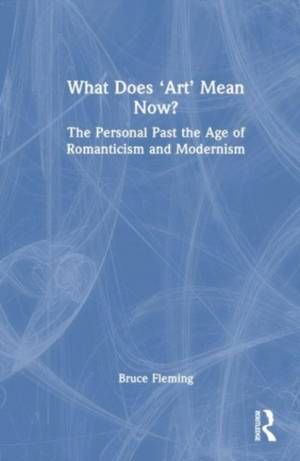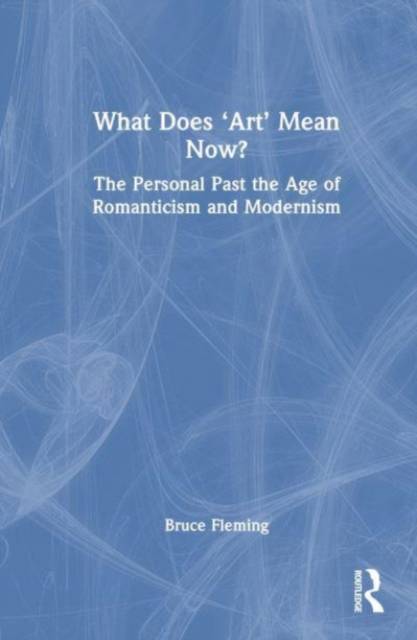
- Retrait gratuit dans votre magasin Club
- 7.000.000 titres dans notre catalogue
- Payer en toute sécurité
- Toujours un magasin près de chez vous
- Retrait gratuit dans votre magasin Club
- 7.000.0000 titres dans notre catalogue
- Payer en toute sécurité
- Toujours un magasin près de chez vous
What Does 'Art' Mean Now?
The Personal After the Age of Romanticism and Modernism
Bruce FlemingDescription
What Does 'Art' Mean Now? asks, and answers, fundamental questions about the nature of aesthetic experience and role of the arts in contemporary society. The Modern Age, Romanticism and beyond, viewed art as something transcending and separated from life, and usually something encountered in museums or classrooms. Nowadays, however, art tends to be defined not by a commonly agreed-upon standard of "quality" or by its forms, such as painting and sculpture, but instead by political and ideological criteria. So how do we connect with the works in museums whose point was precisely that they stood apart from such considerations? Can we and should we be educated to "appreciate" art--and what does it do for us anyway? What are we to make of the so-different newer works--installations, performances, excerpts from the world--held to be art that increasingly make it into museums? Adopting a subjectivist approach, this book argues that in the absence of a universal judgment or standard of taste, the experience of art is one of freedom. The arts give us the means to conceptualize our lives, showing us ourselves as we are and as we might wish--or not wish--to be, as well as where we have been and where we are going. It will appeal to scholars of sociology, philosophy, museum studies, and art history, and to anyone interested in, or puzzled by, museums or college courses and their presentation of art today.
Spécifications
Parties prenantes
- Auteur(s) :
- Editeur:
Contenu
- Nombre de pages :
- 210
- Langue:
- Anglais
Caractéristiques
- EAN:
- 9781032446820
- Date de parution :
- 22-06-23
- Format:
- Livre relié
- Format numérique:
- Genaaid
- Dimensions :
- 156 mm x 234 mm
- Poids :
- 489 g

Les avis
Nous publions uniquement les avis qui respectent les conditions requises. Consultez nos conditions pour les avis.






